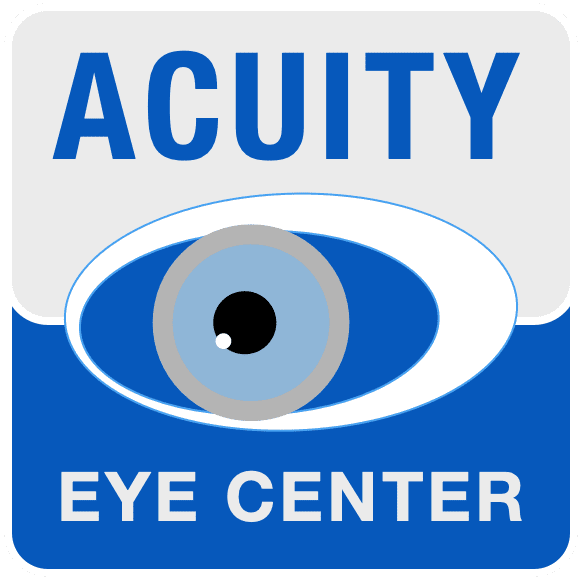It is important to do your research when looking for a doctor to perform a Corneal Cross-Linking laser, Scrutinize the physician's credentials and patient testimonials to determine if they are right for you. In addition, choose a clinic with knowledgeable and caring staff members in order to find the best doctor for Corneal Cross-Linking laser.
Acuity Eye Center is known for providing high-quality care for patients needing corneal cross-linking lasers in Pakistan. The clinic makes every patient feel like part of the Acuity family from the moment they walk through the doors.
Dr. Zia ul Mazhry at Acuity Eye Center is a specialist in Corneal Cross-Linking lasers with more than 3 decades of experience in the field of Ophthalmology. He has got his post-graduation from the Royal College of Surgeons Edinburgh Glasgow and the College of Physicians and Surgeons of Pakistan. He uses cutting-edge technology to provide high-quality treatment at an affordable price to everyone in need. An evidence-based approach is used right from evaluation and planning to exercise the plan and the post-procedure care. Generally speaking, Dr. Zia ul Mazhry and his staff are dedicated to providing affordable, high-quality care to their patients.


